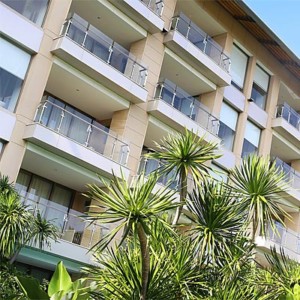 City of Los Angeles property owners beware! The “Rent Stabilization Ordinance” (Rent Control) contains a number of regulations which can be very expensive, especially if the rental premises are not legal and/or have unpermitted structures.
City of Los Angeles property owners beware! The “Rent Stabilization Ordinance” (Rent Control) contains a number of regulations which can be very expensive, especially if the rental premises are not legal and/or have unpermitted structures.
Firstly, if the rental unit is not properly registered, permitted, and/or has been cited by the Department of Building and Safety, the property owner cannot legally collect rent and may be required to return rent which has been paid. This can add up to a substantial amount of money if the rent was paid over an extended period of time.
Secondly, if the unit is not legal, the property owner cannot continue to rent the premises and must evict the tenant if they do not voluntarily agree (and they usually do not) to move out.
Thirdly, and the issue which may be the most costly to the landlord, is the requirement to pay Tenant Relocation Fees. This mandate is enforced by Los Angeles Housing Authority and requires the property owner to deposit the relocation fees into an escrow account. These fees have escalated over the years and range from between approximately $10,200.00 to $19,400.00 per tenant depending upon whether the tenant is qualified as a senior, disabled, has dependent children or is low-income.
Further, the property owner will need to deal with the Department of Building and Safety which will impose fines for non-compliance, and the Los Angeles Housing Authority if the tenant has filed a complaint. Additionally, because of these nuisances, the property owner may want to or may very well need to retain counsel to review the situation and to initiate an unlawful detainer action (eviction proceeding). Caution however: an eviction lawsuit brought without the correct notices to tenant(s), and necessary escrow deposits, may well be unsuccessful adding more time, expense and aggravation.
The foregoing is good for tenants who want to and do take advantage of family and other friendships, later turning into a very costly nightmare for the unsuspecting property owner. Unfortunately, while safeguards for tenants are necessary to prevent landlords form taking advantage, there may be an imbalance favoring tenants in these regards.
